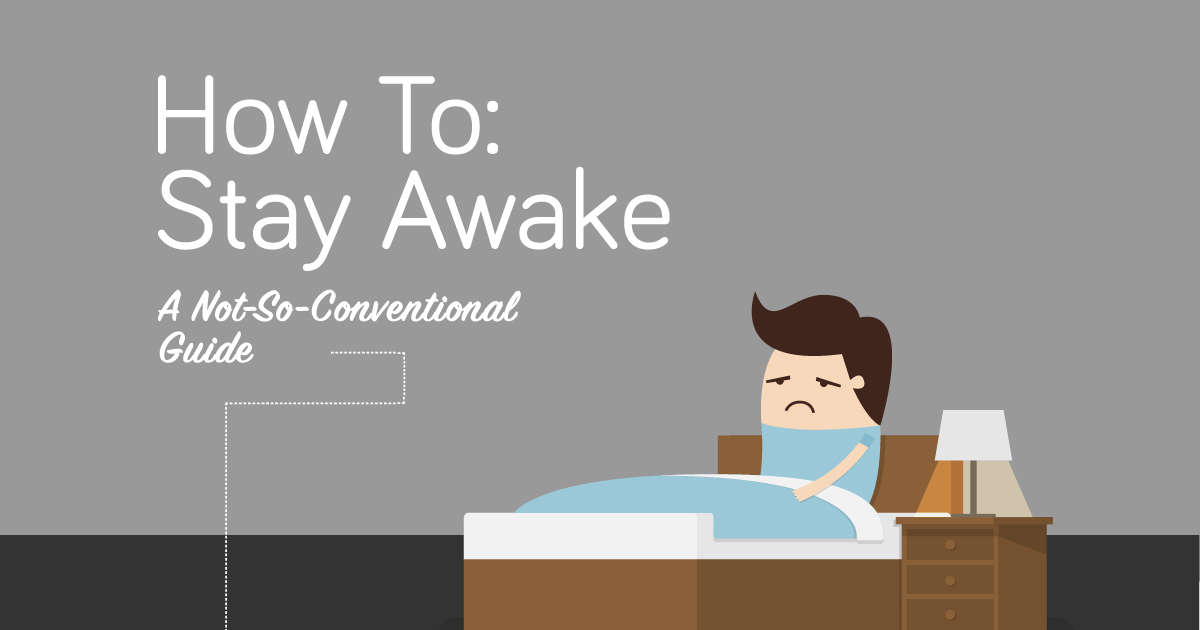Do you ever find yourself lying in bed, staring at the ceiling, wondering why you're scared to go to sleep? It’s not just you. Sleep anxiety is a real thing, and it affects millions of people worldwide. Whether it’s nightmares, stress, or the fear of losing control, this fear can keep you wide awake when you should be resting. But don’t worry—we’re here to help you figure out what’s going on and how to fix it.
Let’s be honest, sleep is supposed to be the most peaceful part of your day. But if you’re scared to go to sleep, it can quickly turn into the most stressful. Imagine this: you’re tucked in bed, ready to drift off, but instead of feeling relaxed, your mind starts racing. What if something bad happens while you’re asleep? What if you don’t wake up? These thoughts can spiral out of control, making it impossible to relax.
And guess what? You’re not alone. According to recent studies, about 10% of adults experience some form of sleep anxiety. That’s a lot of people tossing and turning at night! So, if you’ve been wondering why you’re scared to go to sleep and how to deal with it, you’re in the right place. Let’s dive in and explore the reasons behind this fear and what you can do to overcome it.
Read also:James Bond Having A Stronk The Ultimate Guide To 007s Strength And Power
Why Are You Scared to Go to Sleep?
First things first, let’s get to the root of the problem. Why are you scared to go to sleep? Is it because of bad dreams, anxiety, or something else entirely? Understanding the cause of your fear is the first step toward solving it. Here’s a breakdown of the most common reasons:
- Nightmares: If you’ve had bad dreams in the past, you might fear they’ll happen again. This can make you hesitant to fall asleep.
- Anxiety: Worrying about things in your life—whether it’s work, relationships, or finances—can make it hard to relax enough to sleep.
- Health Concerns: Some people fear they won’t wake up due to medical conditions like sleep apnea or heart problems.
- Control Issues: Sleep means losing control of your surroundings, which can be terrifying for some individuals.
Now that we’ve identified some potential causes, let’s explore each one in more detail and see how it affects your sleep patterns.
How Sleep Anxiety Affects Your Life
Being scared to go to sleep isn’t just a nightly inconvenience—it can have serious consequences for your overall well-being. Chronic sleep deprivation can lead to a range of physical and mental health issues, including:
- Increased stress levels
- Decreased cognitive function
- Weakened immune system
- Mood swings and irritability
- Higher risk of depression and anxiety
It’s not just about feeling tired during the day. Sleep is essential for your body to repair itself, process emotions, and recharge for the next day. If you’re constantly scared to go to sleep, you’re missing out on all these benefits.
Understanding the Psychology Behind Sleep Anxiety
So, what’s really going on in your mind when you’re scared to go to sleep? It all comes down to psychology. Sleep anxiety is often linked to fear of the unknown or a lack of control. When you’re asleep, you can’t monitor your surroundings or respond to threats. For some people, this feeling of vulnerability is enough to keep them awake.
Moreover, if you’ve experienced trauma or stressful events in the past, your brain might associate sleep with danger. This can create a vicious cycle where the fear of sleep makes it harder to fall asleep, which in turn increases your anxiety.
Read also:Anime Handshake The Ultimate Guide To A Fandom Ritual
Can Childhood Experiences Influence Sleep Anxiety?
Absolutely. If you had nightmares or sleep-related fears as a child, those experiences could still affect you today. For example, if you were scared of the dark or had a bad dream that left a lasting impression, your brain might still associate sleep with fear. It’s like carrying baggage from your past into your present.
Practical Tips to Overcome Sleep Anxiety
Now that we’ve talked about the causes and effects of sleep anxiety, let’s focus on solutions. Here are some practical tips to help you overcome your fear of sleep:
- Establish a Relaxing Bedtime Routine: Create a calming ritual before bed, such as reading a book or taking a warm bath. This signals to your brain that it’s time to wind down.
- Limit Screen Time: Avoid screens at least an hour before bed. The blue light from phones and computers can interfere with your sleep cycle.
- Practice Mindfulness: Techniques like meditation and deep breathing can help calm your mind and reduce anxiety.
- Write Down Your Worries: If your mind is racing with thoughts, try writing them down in a journal. This can help you process your emotions and feel more in control.
Remember, overcoming sleep anxiety takes time and patience. Don’t expect immediate results, but with consistent effort, you’ll start to see improvements.
Should You Use Sleep Medication?
While sleep medication can provide short-term relief, it’s not a long-term solution. Over-reliance on sleeping pills can lead to dependency and other side effects. If you’re considering medication, make sure to consult with a healthcare professional first.
Creating a Sleep-Friendly Environment
Your bedroom environment plays a big role in how well you sleep. Here are some tips to make your space more conducive to rest:
- Keep It Dark: Use blackout curtains or an eye mask to block out light.
- Control the Temperature: A cool room is ideal for sleep—around 60-67°F (15-19°C).
- Invest in a Comfortable Mattress: A good mattress can make a huge difference in your sleep quality.
- Reduce Noise: Use earplugs or a white noise machine to block out disruptive sounds.
Think of your bedroom as a sanctuary—a place where you can escape the stresses of daily life and focus on rest and relaxation.
Seeking Professional Help
If your fear of sleep is interfering with your daily life, it might be time to seek professional help. A therapist or counselor can work with you to identify the root cause of your anxiety and develop strategies to overcome it. Cognitive-behavioral therapy (CBT) is particularly effective for sleep-related issues.
In some cases, a sleep study might be recommended to rule out underlying medical conditions like sleep apnea. These studies involve monitoring your sleep patterns in a controlled environment to gather valuable data about your sleep habits.
How to Find the Right Therapist
Not all therapists specialize in sleep-related issues, so it’s important to do your research. Look for someone who has experience treating anxiety and sleep disorders. You can also ask for recommendations from your primary care physician or check online reviews.
The Importance of Self-Care
Self-care isn’t just about bubble baths and face masks—it’s about taking care of your mental and physical health. When you’re scared to go to sleep, it’s easy to neglect other aspects of your well-being. But by prioritizing self-care, you can reduce stress and improve your overall quality of life.
Here are some self-care practices to incorporate into your daily routine:
- Exercise regularly to reduce anxiety and improve sleep quality
- Eat a balanced diet to fuel your body and mind
- Practice gratitude by focusing on the positive aspects of your life
- Connect with loved ones to build a strong support system
Remember, self-care looks different for everyone. Find what works for you and make it a priority.
Conclusion: It’s Time to Take Back Control
Being scared to go to sleep is a tough battle, but it’s one you can win. By understanding the causes of your fear, implementing practical strategies, and seeking professional help when needed, you can overcome sleep anxiety and reclaim your rest. Sleep is too important to let fear take over, so take action today and start working toward a better night’s sleep.
And hey, don’t forget to share this article with someone who might benefit from it! Together, we can spread awareness about sleep anxiety and help others find peace in their nighttime routine. So, what are you waiting for? Hit that share button and let’s make a difference!
Table of Contents
- Why Are You Scared to Go to Sleep?
- How Sleep Anxiety Affects Your Life
- Understanding the Psychology Behind Sleep Anxiety
- Practical Tips to Overcome Sleep Anxiety
- Creating a Sleep-Friendly Environment
- Seeking Professional Help
- The Importance of Self-Care
- Can Childhood Experiences Influence Sleep Anxiety?
- Should You Use Sleep Medication?
- How to Find the Right Therapist


